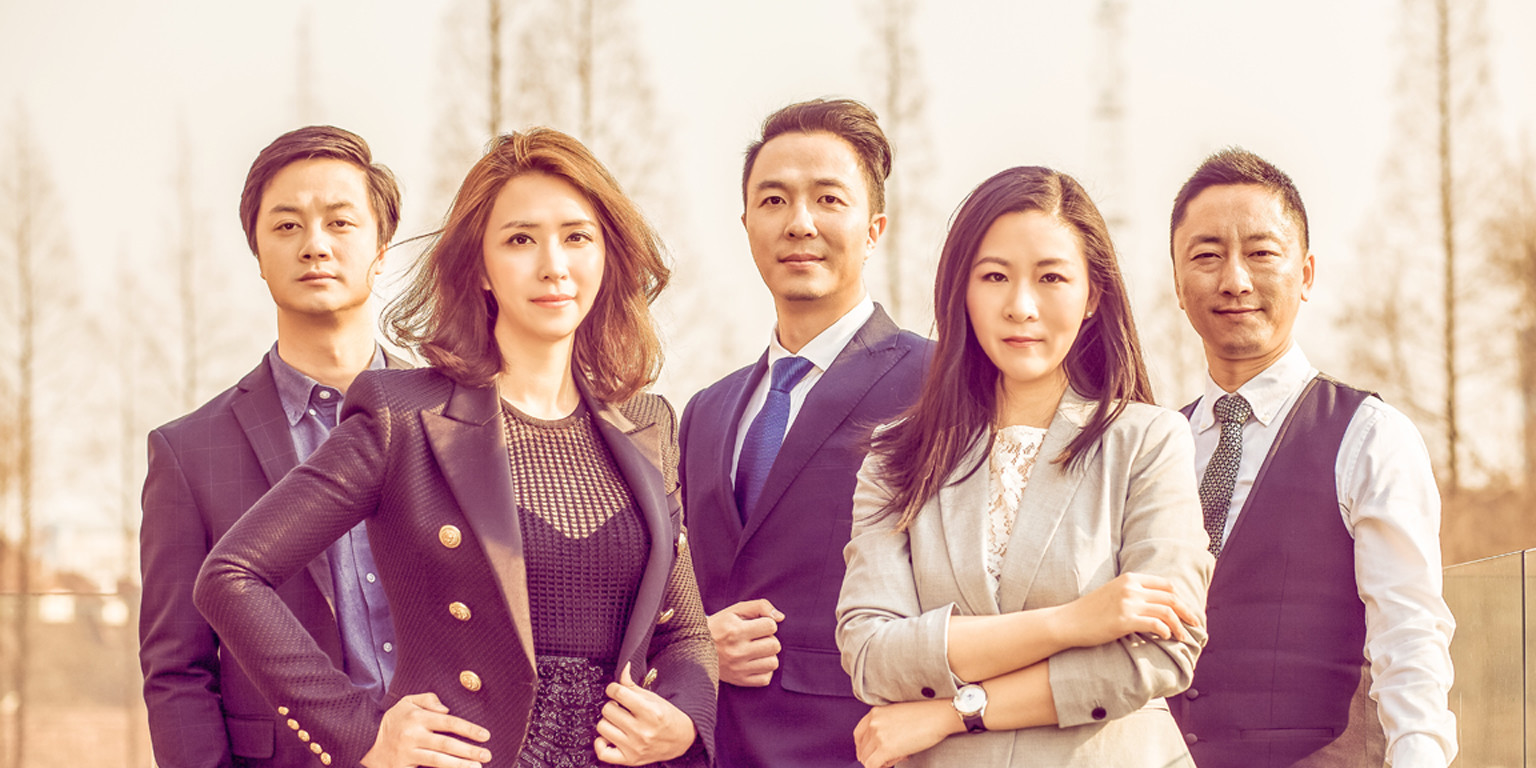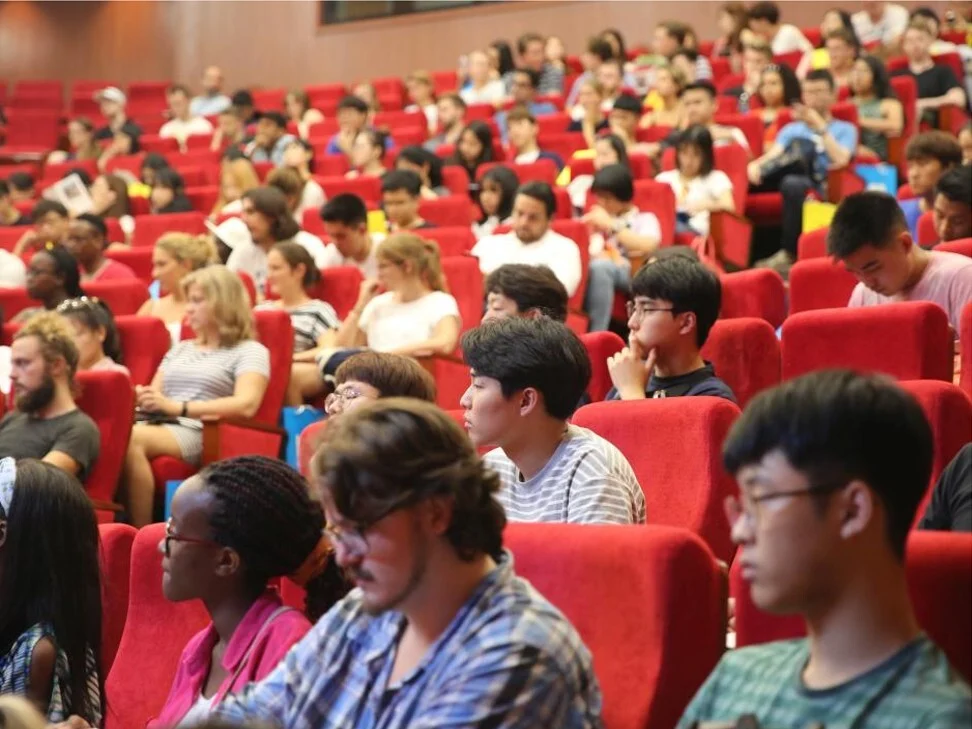By now, you’re probably familiar with what’s involved in choosing the right university in China. But in the realm of international education, the process of choosing the right university in China often transcends mere logistics. It’s a journey enriched with personal stories and inspirations. In this article, we delve into the candid accounts of students who have made that crucial choice, offering invaluable insights into their decision-making processes. Through their words, you’ll discover the diverse factors that guided these students towards their chosen university in China.
Choosing XJTLU: A Tale of Two Graduates

Two graduates of Xi’an Jiaotong-Liverpool University (XJTLU) spoke to South China Morning Post about why they enrolled in their courses. Chinaemerem Uju Onyishi, originally from Nigeria, was drawn to XJTLU’s unique 2+2 academic programme, which allows students to spend two years at XJTLU and the next two at the University of Liverpool.
She says: “That option to try out studying in a different country, in a different continent, in a different city was a huge reason why I chose this school.”
Fincent Sumiko, from Indonesia, was also attracted by the prospect of gaining exposure to two different education systems. He had always dreamed of attaining a British degree and saw XJTLU as the perfect opportunity to fulfill this dream while also learning about Chinese culture and language. He says:
“The British education system is one of the best in the world.”
Cultural Exposure Leading to Career Advantages
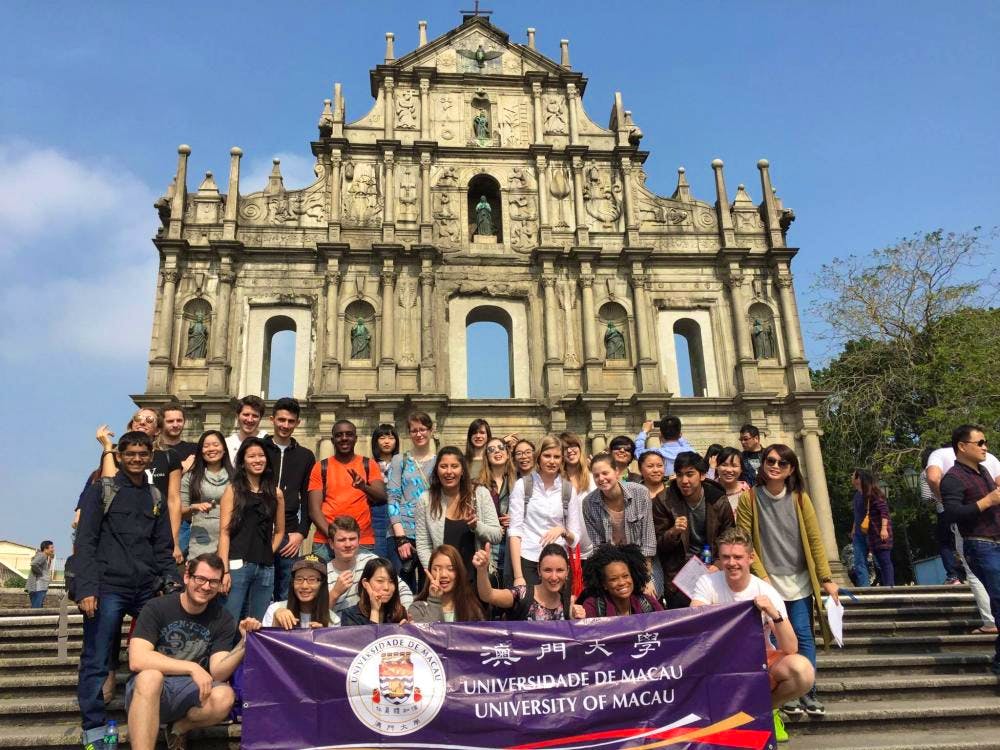

Marie Rosszell, a student aspiring for a corporate career on a global scale, understood the importance of learning about international business. Her decision to pick the University of Macau (UMacau) paid off; she started a job with Google Japan right after graduating.
Sharing her experience with Times Higher Education, she explained:
“I chose UMacau because it is a vibrant and young university known for its geographic advantage, where we can best look at the gem of cultural legacies after two civilisations encountered each other over the course of 500 years. I am not only given opportunities to meet great people with a cross-cultural background, but I also know more of Macanese as well as Chinese business etiquettes and mentality.”
Choosing Academic Support and Freedom for Research
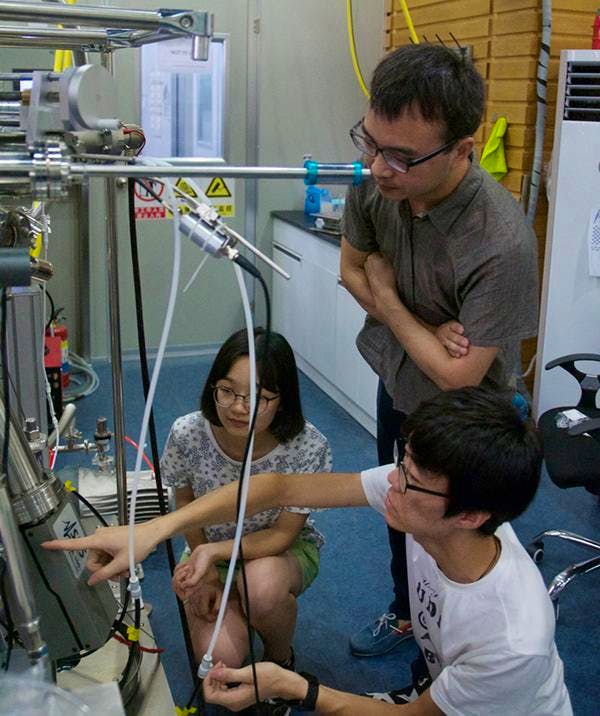
Zhang Yuanbo tells China Daily how he began his academic journey at Peking University after winning a national physics competition in high school. After earning his doctorate and completing post-doctoral research at the University of California, Berkeley, Zhang was recruited to return to China through its Young Thousand Talents program. When choosing which university to join in China, Zhang recalls:
“I chose Fudan University because I found that it gave me much freedom in research, and the relationship between colleagues is very good.”
Zhang appreciated the university’s supportive environment, which allowed him two years to set up his laboratory without pressuring him to publish papers. He believes that this approach is conducive for young researchers, stating:
“Scientists need time to develop and explore – too much evaluation on publishing papers will stifle their creativity.”
His story is a reminder of the importance of freedom and support when choosing a university for research. Academic freedom allows researchers to explore innovative ideas without restrictions, encouraging creativity and breakthroughs. Meanwhile, a supportive environment provides the necessary resources and positive relationships that can enhance productivity and collaboration in research.
Scholarships and Recommendations for Chinese Immersion

Christopher Chen, a Chinese language student at Case Western Reserve University in the US, recognized the value of immersing himself in the language and culture of China. He reflects back on how he sought out study abroad opportunities, first learning about a summer program at Peking University through a study abroad fair:
“I found out about this summer program from a study abroad fair hosted by the Office of Education Abroad.”
He was later awarded the Chinese Government Scholarship Program, which covered all expenses and offered him the choice to return to Peking University. However, he chose to attend Beijing Language and Culture University (BLCU) based on the advice of a trusted mentor:
“The reason why I chose BLCU this time was because my Chinese teacher, Zheng Laoshi from Peking University, recommended it to me. She said that although Peking University is technically the number 1 ranked university in China, BLCU specializes in teaching Chinese language, so I would receive a better education over there. Zheng Laoshi herself was also a graduate of BLCU so I whole-heartedly took her word for it.”
READ MORE: 9 FAQs about BLCU’s 12-Week Online Chinese Program
An Architecture Student Gets Up Close
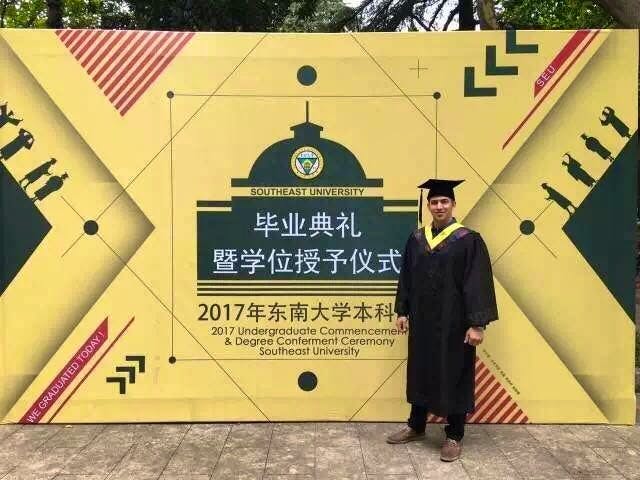 Basil, from Jordan, has always been interested in China for its rapid development and promising future. Therefore, his search for a university began with looking for the best architecture school in China. He elaborates further in an interview:
Basil, from Jordan, has always been interested in China for its rapid development and promising future. Therefore, his search for a university began with looking for the best architecture school in China. He elaborates further in an interview:
“Architecture was always my dream, when I was little I loved to look at the buildings and draw them… Southeast University is one of the top universities in the architecture field, therefore I decided to visit Nanjing city. I really liked Nanjing because it is a small, cozy and not very crowded city, which is very good for living.”
Unsurprisingly, observing the university’s impressive architecture up close left a huge impression on him. His story also shows how interactions with staff and students can shape the decision to choose a university.
“When I came to the campus of SEU and saw the amazing old-style buildings, it was like a love from the first sight. On top of that, the way I was treated in the international students office and the lifestyle of the local students really made it clear for me that I want to study in Southeast.”
- Juggling Life’s Commitments: Tips from a TIEMBA Alumna and Working Mother - October 19, 2024
- How TIEMBA Alumni are Making an Impact in the World - October 3, 2024
- Here’s What Ethnic Minority Students Are Saying About HKMU - July 14, 2024
